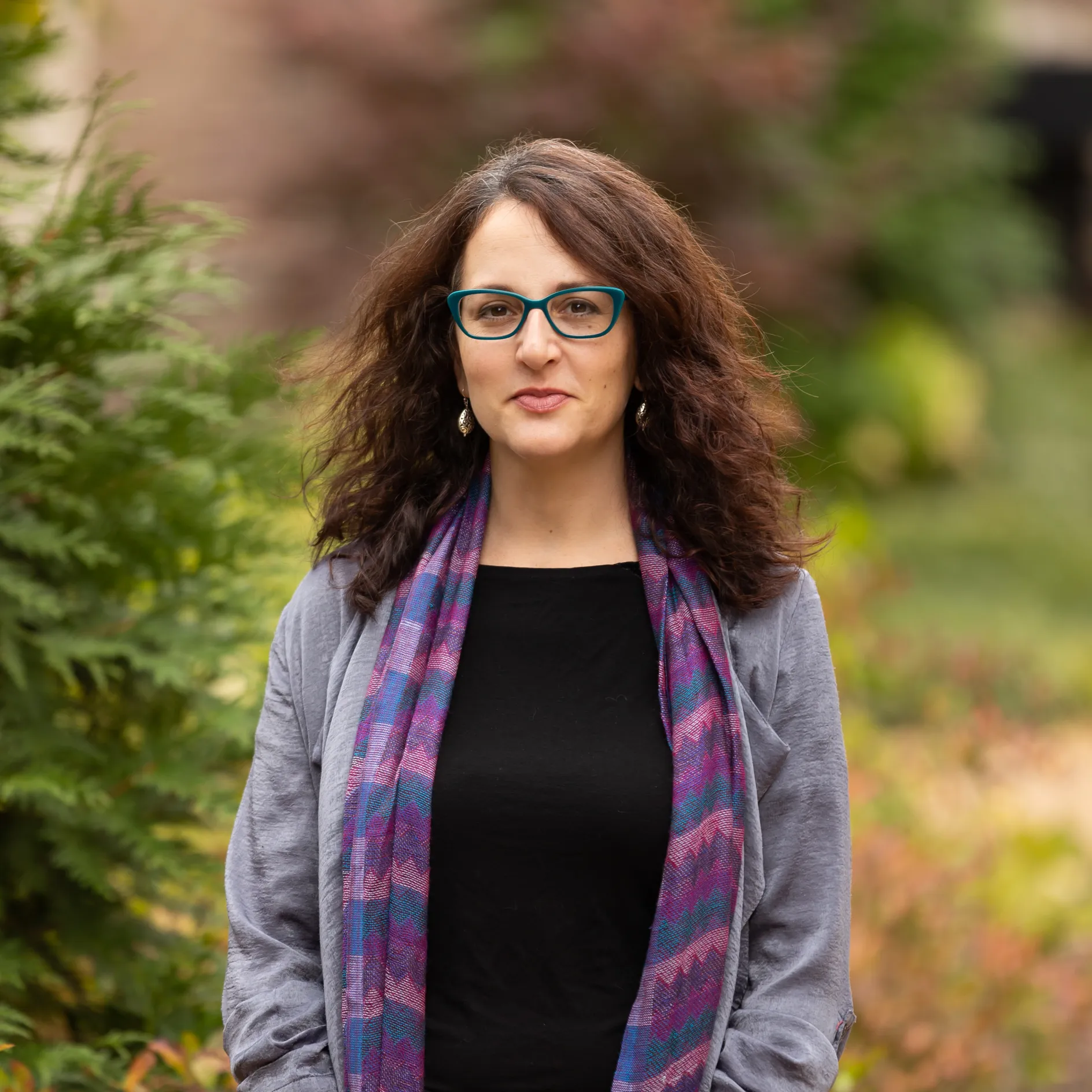Jessica Rosenfeld specializes in late medieval literature, the medieval reception of Aristotle (ethics and politics), medieval women’s writing, and the history of emotions.
Rosenfeld’s first book, Ethics and Enjoyment in Late Medieval Poetry: Love after Aristotle (Cambridge University Press, 2011) explores the influence of Aristotelian ethics on the way medieval philosophers and poets wrote about love, pleasure, labor, and human happiness. The book also examines the legacy of “courtly love” in the psychoanalytic ethics of Jacques Lacan. She is currently completing a book manuscript on the medieval foundations of modern ideas about emotions and affect – including debates about whether emotions are primarily bodily or primarily cognitive, the status of “natural” emotions, the gendering of emotion, and emotional taxonomies. In 2014-15, she held a Charles A. Ryskamp Research Fellowship from the ACLS. She has published articles on Chaucer, John Gower, Margery Kempe, and The Romance of the Rose in journals including New Medieval Literatures, JMEMS, Exemplaria, and New Chaucer Studies: Pedagogy and Profession, and in several edited collections. She co-edited a collection of essays, Chaucer and the Subversion of Form (Cambridge University Press, 2018). She is currently co-editor of the journal Exemplaria: Medieval – Early Modern – Theory and Associate Editor of The Chaucer Encyclopedia (Wiley-Blackwell, forthcoming in 2023). She has two essays forthcoming on The Romance of the Rose – one in MLA Approaches to Teaching ‘The Romance of the Rose’, and one in a collection of essays in honor of Alastair Minnis, Literary Theory and Criticism in the Later Middle Ages.
Professor Rosenfeld has long had a particular (scholarly) interest in the much-maligned emotion (sometime sin) of envy. She expressed her appreciation publicly, here: https://theconversation.com/quarantine-envy-could-finally-wake-people-up-to-the-deep-inequalities-that-pervade-american-life-144903, and has also written about envy in The Book of Margery Kempe and Chaucer’s Parson’s Tale, with related work-in-progress on Christine de Pizan and Laura Cereta. She co-convenes the lively Medieval Studies Writing Group, an interdisciplinary works-in-progress seminar supported by the Center for Humanities (https://humanities.wustl.edu/2022-23-reading-and-writing-groups-and-faculty-seminars). She has recently taught undergraduate and graduate courses on Medieval Women’s Writing, Chaucer, Medieval Emotions, Medieval Gender and Sexuality, and the Medieval Dream Vision.
Rosenfeld is an affiliate faculty member of the Department of Women, Gender, and Sexuality Studies, Program in Comparative Literature, and the Department of Classics.




